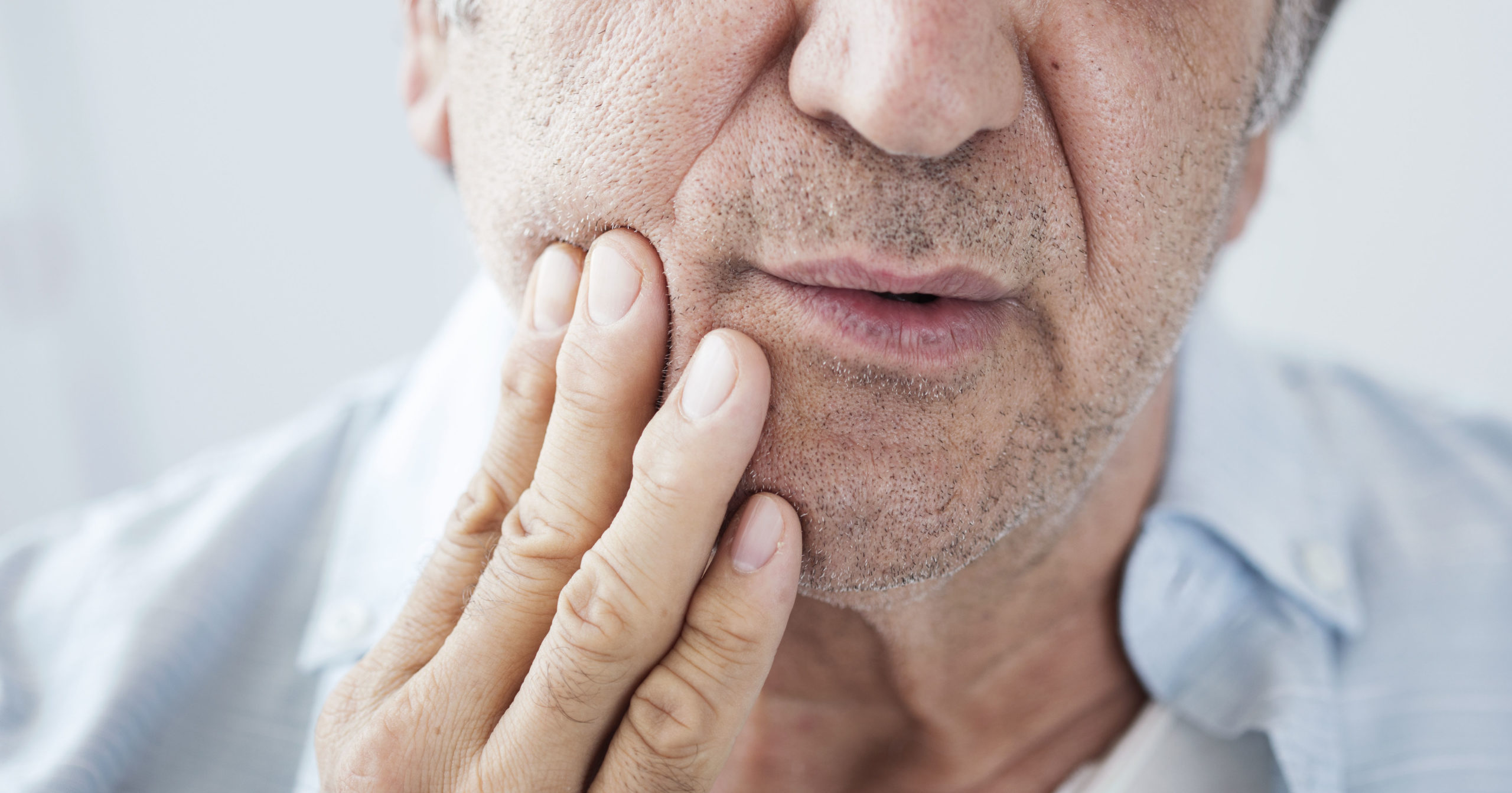With cooler temperatures approaching Texas – It’s important to make sure your gums and tooth enamel are in tip-top shape. Typically, when your tooth’s enamel wears down a layer of your teeth is exposed that can become sensitive to temperature changes.
In short, cold weather can make your teeth hurt. Exposing your teeth to hot or cold can cause your teeth to expand and contract. Over time, this can lead to cracks in your teeth that expose vulnerable-microscopic tubes beneath your tooth’s enamel. Resulting in tooth pain similar to cavities, gum disease, and other pain associated with bad oral habits.
Your teeth’s sensitivity to weather can occur regardless of how well you care for your teeth, but you’re at greater risk if you don’t practice good oral hygiene. What could be responsible for seasonally sensitive teeth:
Over Brushing: You may think that you need to scrub vigorously to remove those pesky surface stains, but brushing with too much force can start to wear down your tooth’s enamel.
Clenching and grinding: Clenching or grinding your teeth while sleeping can cause tooth enamel to wear down which leads to sensitivity.
Tooth decay: An early sign of an undetected tooth decay problem usually begins with sensitivity to cold. If you start to experience tooth pain, go see a dentist.
Tooth whitening agents: Ingredients that make your teeth whiter may remove past surface stains, but they also start a process that wear downs your enamel. If the agent starts hurting your teeth, stop the treatment and consult with your dentist.
Acidic beverages: Consuming liquids like sodas, coffee, tea, and other drinks with a high concentration of acid, such as juices, can erode your teeth and expose the dentin layer of your teeth.
Other lifestyle habits: Using tobacco products with a combination of not brushing or flossing properly can cause your gums to recede. The results of these unhealthy habits will cause the dentin at the base of the gums to be exposed and which can lead to your teeth to be temperature-sensitive.To help minimize your chances of experiencing sensitivity, try these options.
Fluoride Application: Help to reduce some of the pain and discomfort by strengthening your enamel and dentin by applying a fluoride varnish. The same goal can be accomplished by having your dentist apply a fluoride gel to your mouth for five minutes.
A Mouth Guard: If you are suffering from sensitive teeth because you grind your teeth while you sleep, your dentist may recommend a mouth guard that you can wear during the night. By protecting your teeth from pressure and damage, this mouth guard can be highly effective at reducing the pain caused by sensitive teeth.
When to See a Dentist: You should see a dentist whenever you experience tooth sensitivity. This is also necessary if you need a more complex solution, such as a mouth guard. A dentist can also determine exactly which teeth are exposed to sensitivity and recommend an appropriate treatment or prescribe a special toothpaste or similar product. Finally, if your teeth are especially sensitive, a dentist can schedule a root canal, filling, or other advanced procedure.Whether you’re just starting to struggle with sensitivity or always have issues in the cold weather, it’s worth visiting your dentist and finding a solution to resolve your pain.

